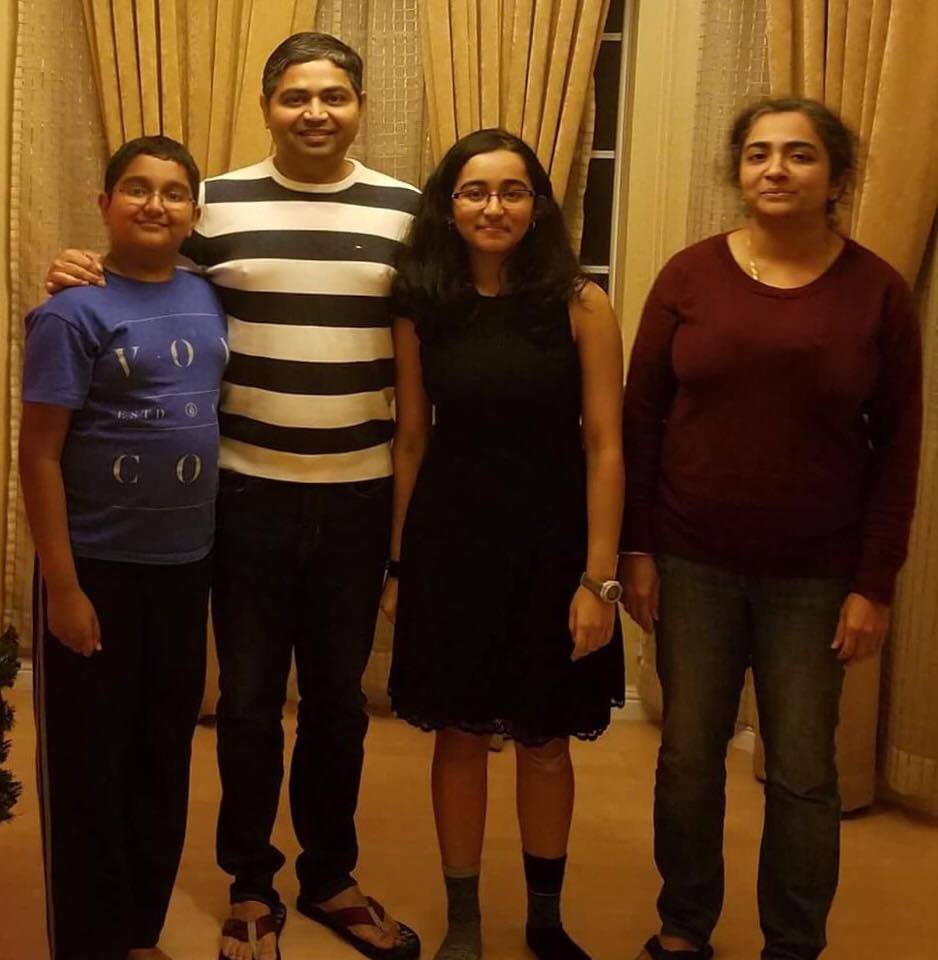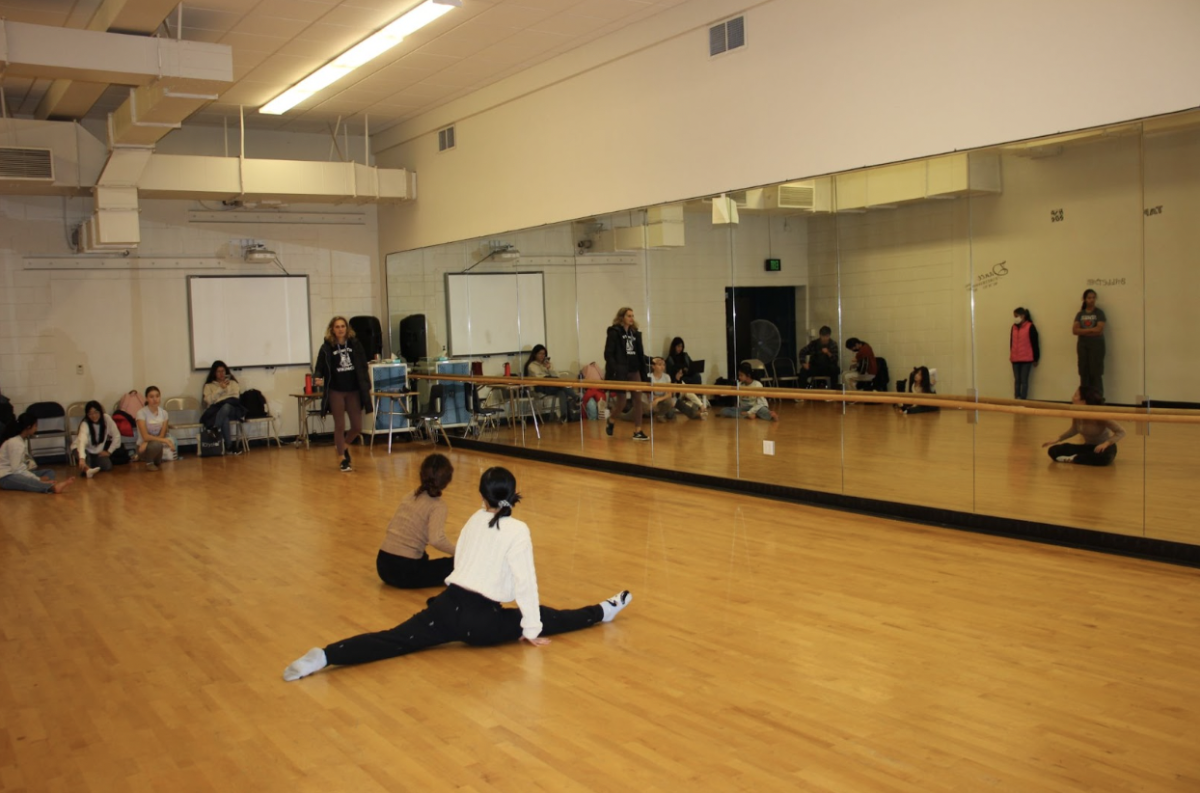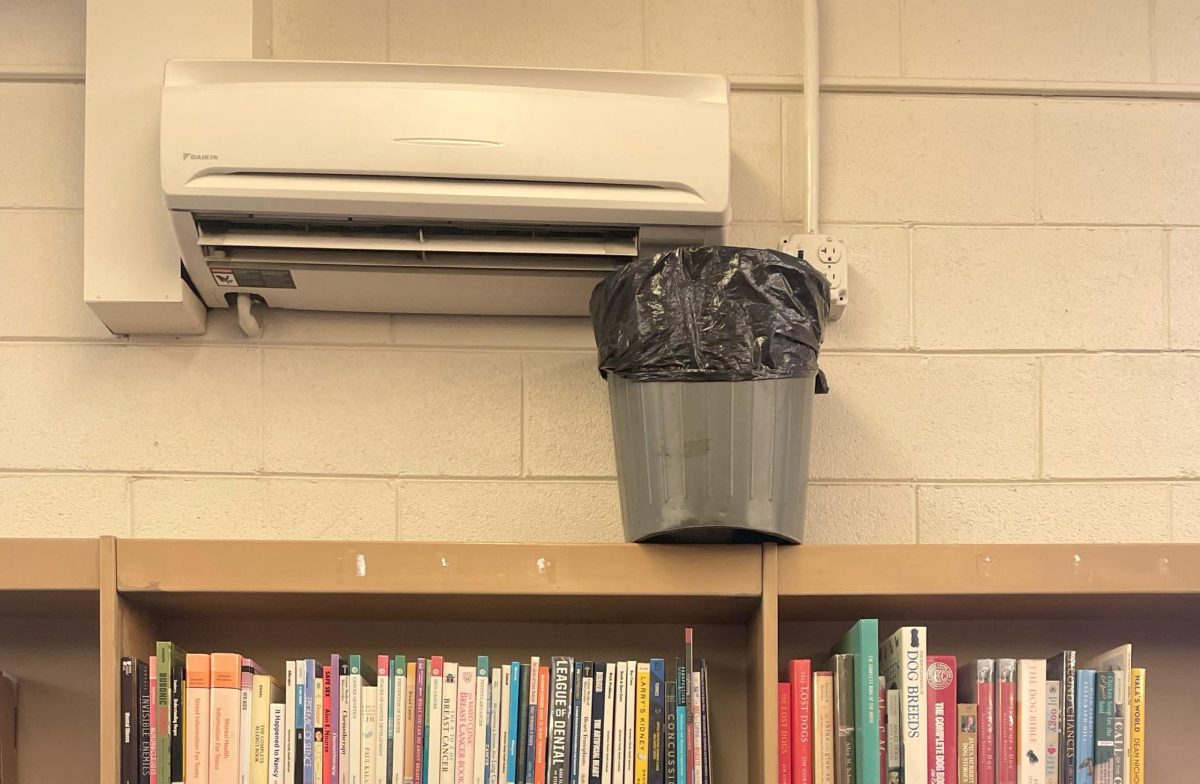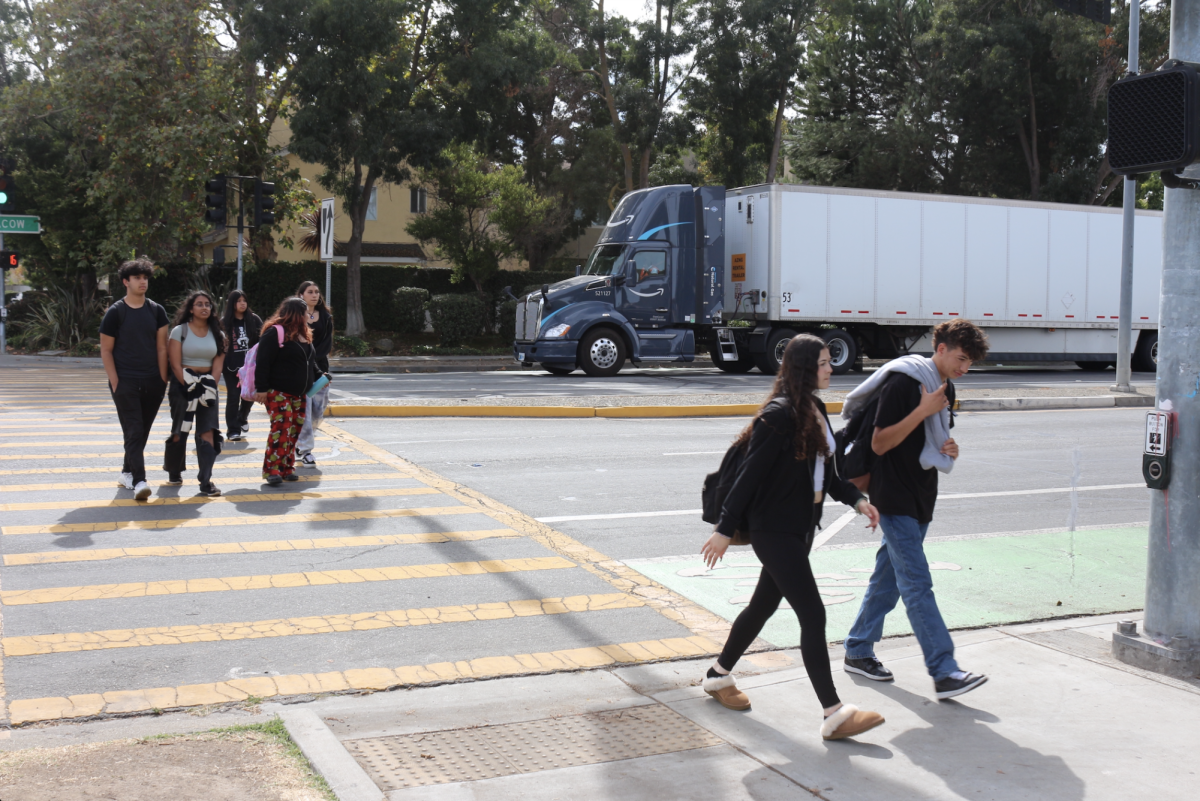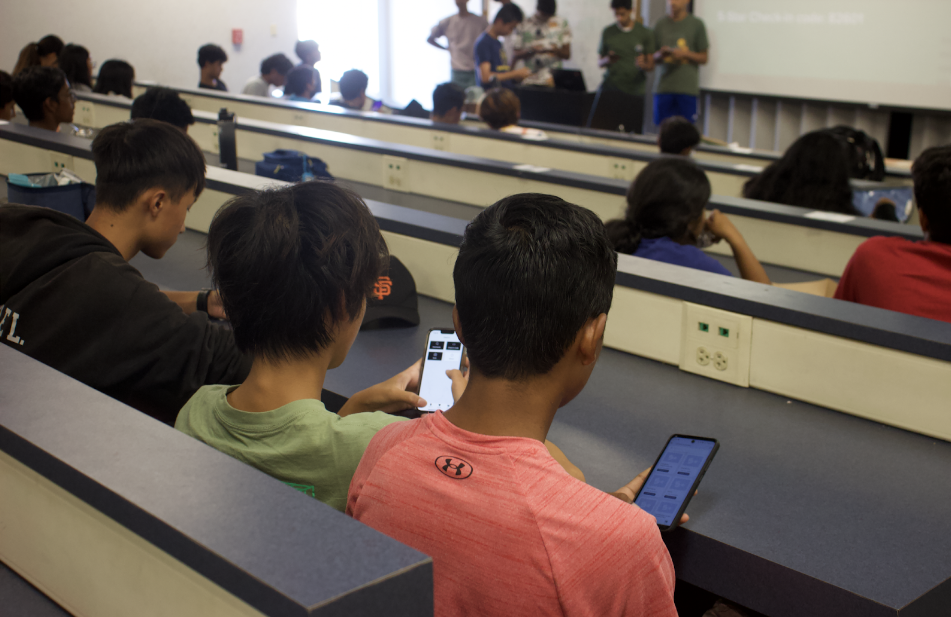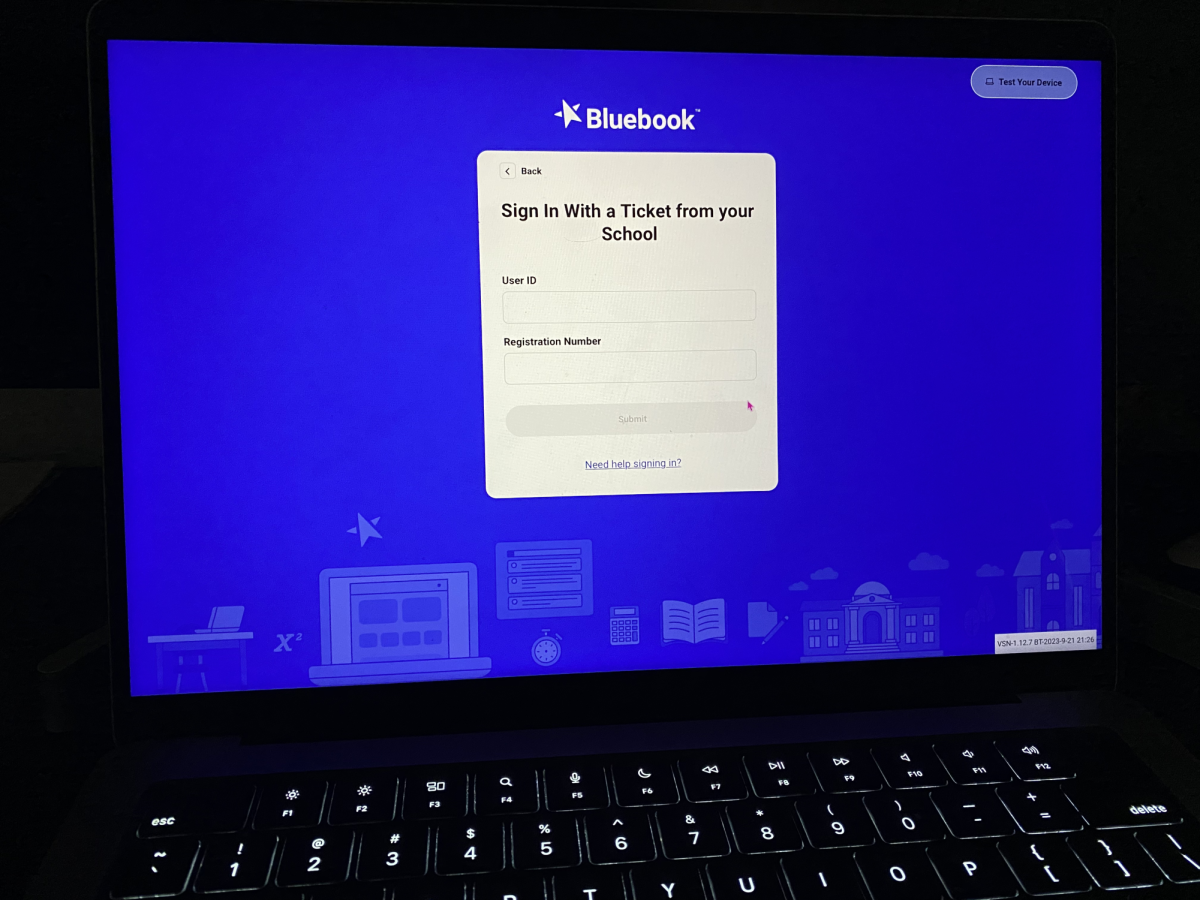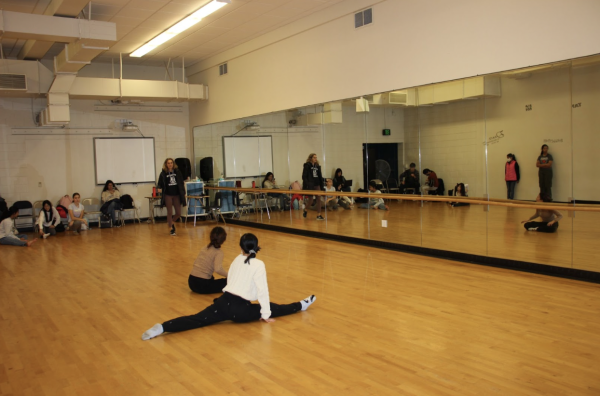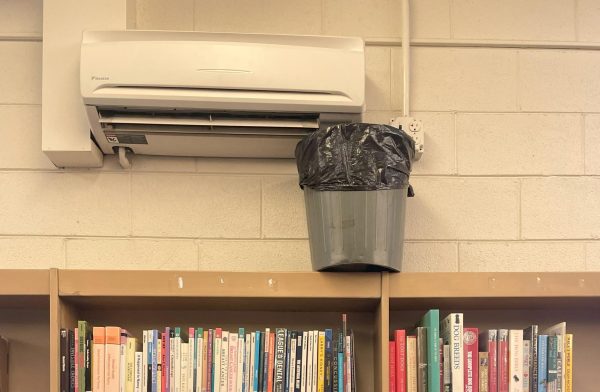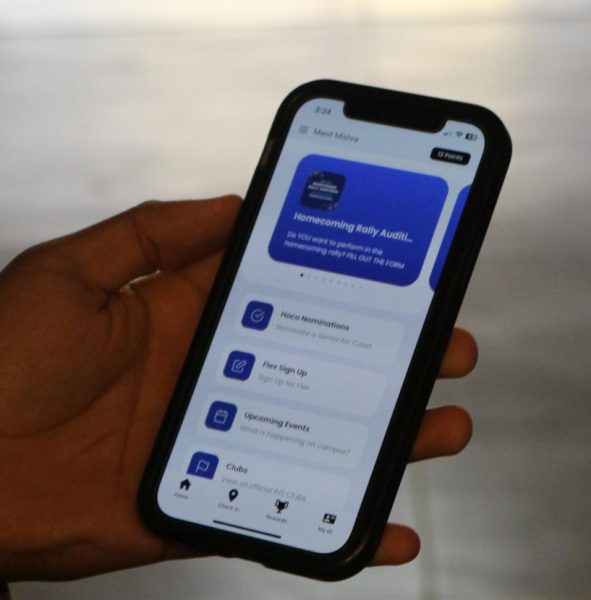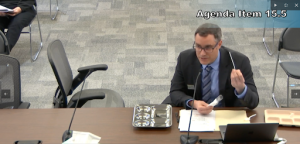Trump’s Next Move on Immigration: H-1B Visas
Junior Neha Bashyam’s parents, Renga Srinivas and Lakshmi Gopalakrishnan, came to the United States on the H-1B visa in search for better job opportunities and education for their children. They both became citizens of the United States in 2006. (Photo: Koushik Sundar)
February 6, 2017
Throughout his presidential campaign, Donald Trump promised to crack down on illegal immigration and give jobs back to Americans. After a few days into office, his immigration ban affecting seven predominantly Muslim countries was met with outrage from many across the country, including people in Silicon Valley. His ban was challenged by the San Francisco-based 9th U.S. Circuit Court of Appeals and major tech companies such as Google, Facebook, and Microsoft, all of whom agreed that the executive order conflicted with American values and threatened innovation.
Trump may be leading a bipartisan effort to reform the H-1B visa program, which oversees visas that local tech companies often use to employ skilled foreign labor. According to Bloomberg Technology, Trump’s administration has begun drafting an executive order affecting the visa program. The move is said to be in line with Trump’s America-first policies.
Moves have been made in California to reform the H-1B visa program. Legislators Zoe Lofgren D-San Jose, Darrell Issa R-San Diego, and Scott Peters D-San Diego have proposed legislation raising the minimum wage of H-1B visa holders to reduce the number of jobs displaced by foreign immigrants. The “Protect and Grow American Jobs Act,” introduced in 2017 by Issa and Peters, would significantly raise the wages of workers who get H-1B visas. If the bill passes through Congress and is instated, the minimum wage paid to H-1B workers would rise to at least $100,000 annually from the $60,000 minimum, and be adjusted for inflation.
In 2016, 236,000 foreigners applied for the H-1B visa, an increase of 3,000 applications from 2015. The U.S. Citizenship and Immigration Services grants only 85,000 H-1B visas through a lottery process. Santa Clara, San Francisco, and San Jose have become areas that have sought out the most H-1B workers and are popular cities for H-1B applicants. In 2015, Apple hoped to fill 8,650 positions with foreign professionals, mostly at its Cupertino campus. Both Facebook and Google requested over 2,200 foreign workers each. Tech companies say they need those workers to fill jobs requiring advanced science and math skills. However, critics of the H-1B program argue that it’s being abused by companies to replace their American workers. H-1B visa holders can be paid less than American workers, creating an incentive to hire H-1B workers over American workers. In 2001, for example, Sun Microsystems laid off 3,900 American employees and simultaneously applied for thousands of H-1B visas.
California lawmakers have debated over how to reform the H-1B visa program. Trump’s administration could crack down on this inequality and end the indecision by raising the average salary of visa holders from $60,000, lessening the number of visas issued, or ending the program altogether.
Raised wages would improve the lives of the thousands of immigrant workers living in the expensive Silicon Valley. However, it would raise questions over job security as tech companies would apply for less H-1B visas.
“If I was still living in the U.S. on the H-1B visa, I would probably feel fearful and insecure regarding the future of my career and my family. I would probably have to consider moving back to India and finding a new home, job, and school for my children. I came to the U.S. because I thought there would be more job opportunities and job security for me than in India,” said Lakshmi Gopalakrishnan, mother of junior Neha Bashyam, who has lived in the United States for 19 years.
“I think that many families that are living in the U.S on the H-1B visa will be hurt by this potential reform. I decided to move to the United States because of its numerous opportunities and openness to different cultures and backgrounds. I think these qualities are what attracts so many different people to this country and if this reform is put into effect, it will harm not just immigrants, but also the ideals and values of this country.”


